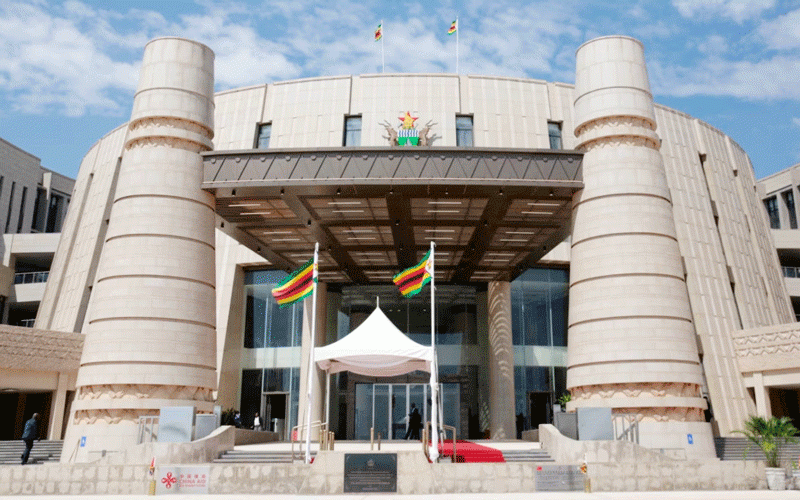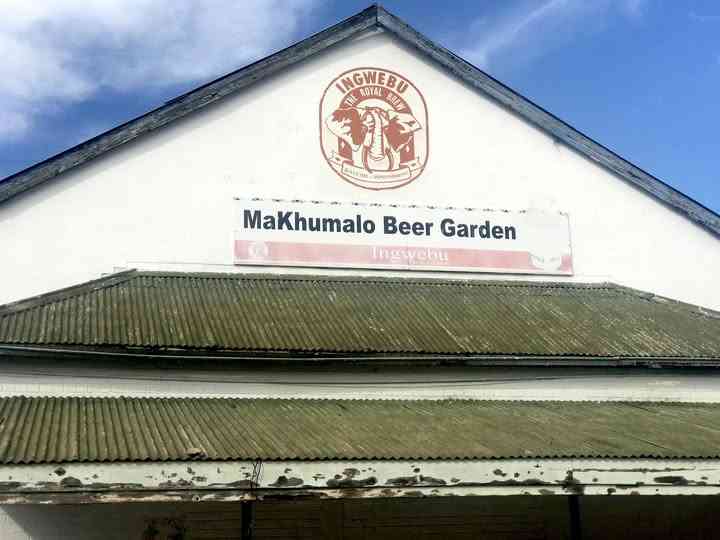
BY MOSES MUGUGUNYEKI
Zimbabwean artistes based in South Africa are finding it difficult to make ends meet following the advent of the Covid-19 pandemic that has left hordes in the cold with some even contemplating of coming back home.
South Africa is home to millions of Zimbabwean “economic refugees” who include university graduates, professionals and creatives who made the great trek across the Limpopo in search of greener pastures.
Several artistes, who found the going tough on the Zimbabwean soil left for South Africa where many revived their careers while others opted for other occupations.
Musicians such as Dino Mudondo and Willom Tight were reunited in the clubs of Johannesburg after having gone separate ways while in Zimbabwe despite having released hits together.
Just before the advent of Covid-19 in March last year, the pair had been crooning across Mzansi, taking fans mainly Zimbabweans down memory lane with yesteryear hits like Makoikoi, Bhazi and Chirangano, among others.
Willom Tight in an interview with this publication in 2019 confirmed having “reunited” with his long lost friend, although he dismissed the reunion as not “serious”.
In the interview, the Ndinoda Wangu singer also conceded that life had changed for the better for him in South Africa and was working on a number of projects.
- Chamisa under fire over US$120K donation
- Mavhunga puts DeMbare into Chibuku quarterfinals
- Pension funds bet on Cabora Bassa oilfields
- Councils defy govt fire tender directive
Keep Reading
However, a source in South Africa, who also is into arts promotion said it was not all rosy for Zimbabwean artistes in that country.
He said the duo of Willom Tight and Dino Mudondo, who had found a new “hunting ground”, were also singing the blues.
“The truth of the matter is that most Zimbabwean creatives, especially musicians are finding it tough to survive here in South Africa,” the promoter said.
“Most of these guys were doing shows every week, while some were resident bands at some clubs and hotels in big cities and were assured of a consistent wage.
“As for others, they were session artistes and hired to perform at music shows, weddings and church services.”
The South African government last month revised its Covid-19 regulations, which saw the banning of gatherings including church services and music shows.
The regulations also banned the sale of alcohol.
“Some businesspeople, who are into arts promotion are counting losses as some had organised shows, but were caught unaware by the regulations,” the promoter said.
The Covid-19 disease also claimed the life of Zimbabwean music promoter and businessman Rodger Muzawazi last year.
Muzawazi was the owner of Ekurhuleni Boksburg Hotel just outside Johannesburg and famed for promoting Zimbabwean artistes. His death was a major blow to the music fraternity.
The famous Jimmy Jimalo Bar and Grill in Long Street, Cape Town is another casualty of the Covid-19 after the joint was closed due to viability challenges.
“A lot of people who were working in these bars, hotels and restaurants were Zimbabweans and many have lost their jobs,” the promoter said.
Durban-based TK Hollun, who is famed for the song Ndafunga Kure, confirmed to Standard Style that it was not looking good for him and fellow musicians in South Africa.
Born Tendekayi Mushekwi, TK Hollun said the future looked bleak for Zimbabweans musicians in South Africa.
“It’s almost a year now sitting on the terraces. Things are not looking good at all and there is no hope that things be back to normal,” TK Hollun said.
The musician, who was working to revive urban grooves and building his brand in South Africa, said upcoming musicians who had found a new home at his Shakestone Studios were the hardest hit.
“I feel pity for these youngsters. Most were starting to record their projects with the hope of getting into the music industry, but all their hopes have been dashed,” he said.
TK Hollun said his studio in Durban was even catering for musicians in Zimbabwe, but they also have been restricted to travel across the Limpopo due to Covid-19 regulations.
He said his other hustle Dreamstone and Dreamsound, a fashion label was also affected by the Covid-19.
Shame “Shamie” Mabvudzi of the popular yesteryear outfit, Shame and Nathan, said the only way out was to invest much in online.
The Aripo Wangu singer who operate a thriving music hub called Afri Kalcha Entertainment said he was compelled to put on hold all his projects and was putting much of his effort online to stay in the game.
“We might go for another lockdown maybe for three or four weeks because the Covid-19 cases are rising. On Sunday [today] President Cyril Ramaphosa will give an update on the Covid-19 situation, but I don’t think he will relax the measures because its not looking good,” he said.











